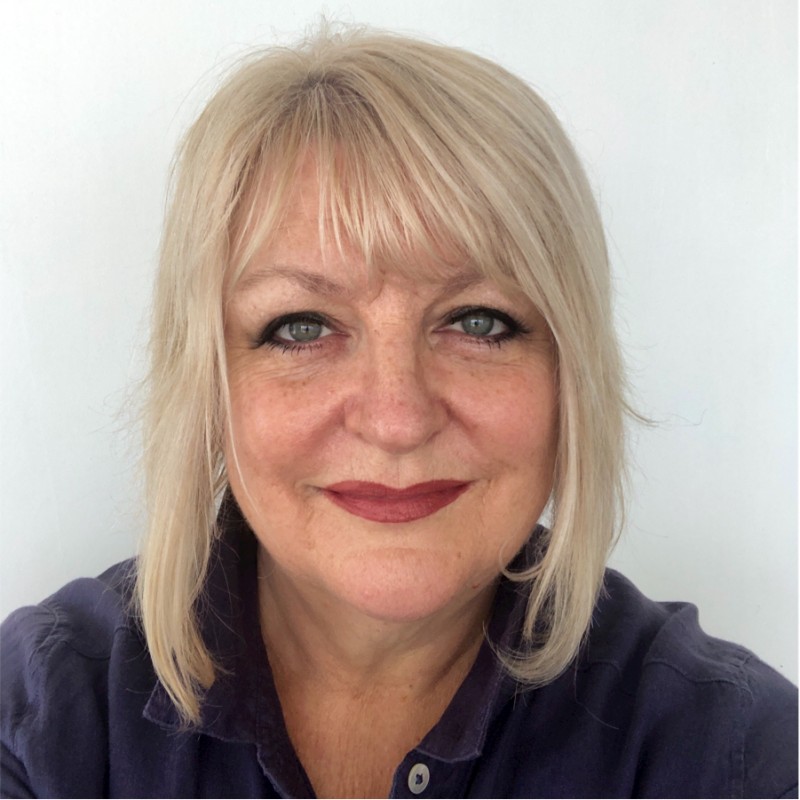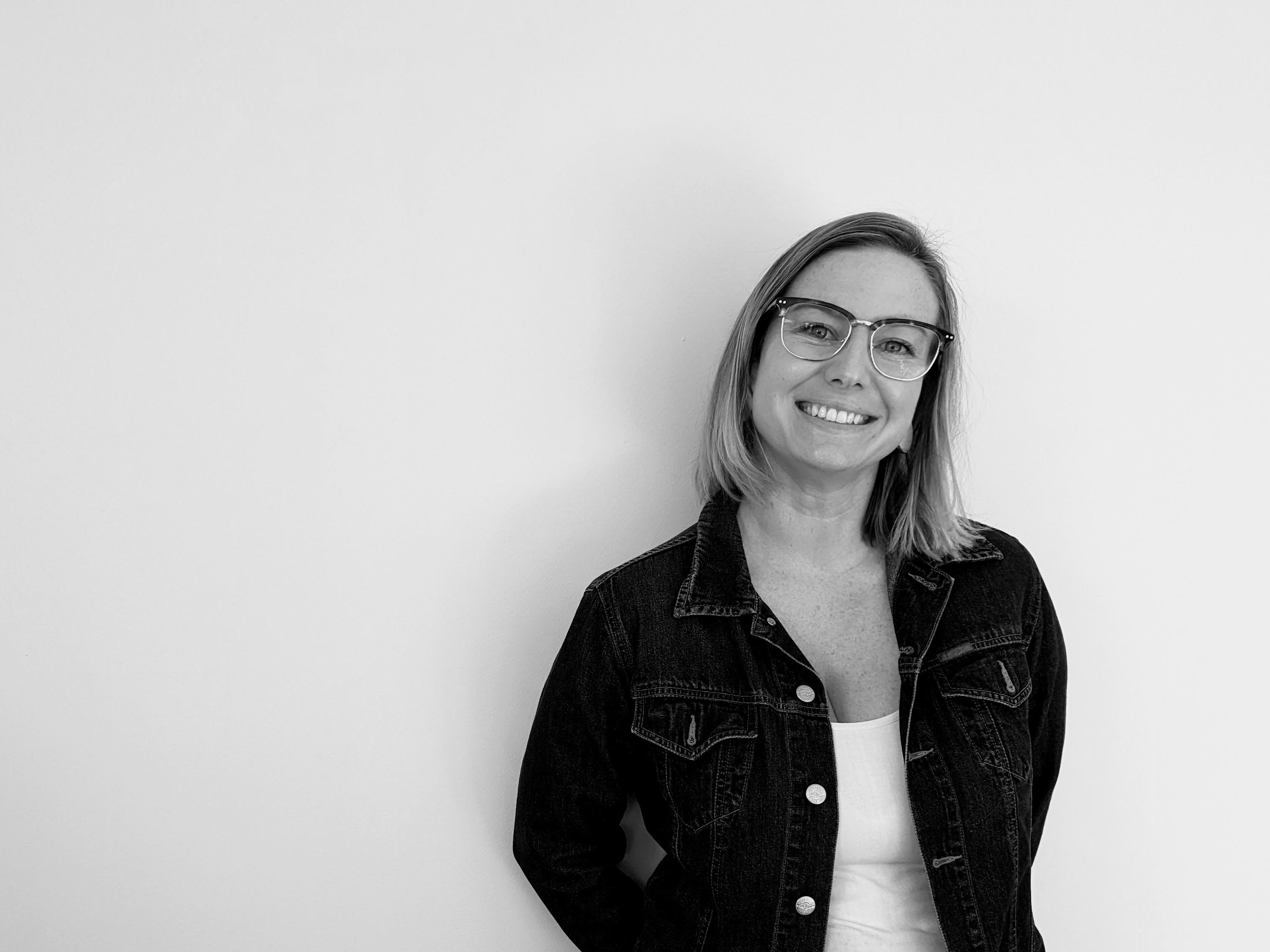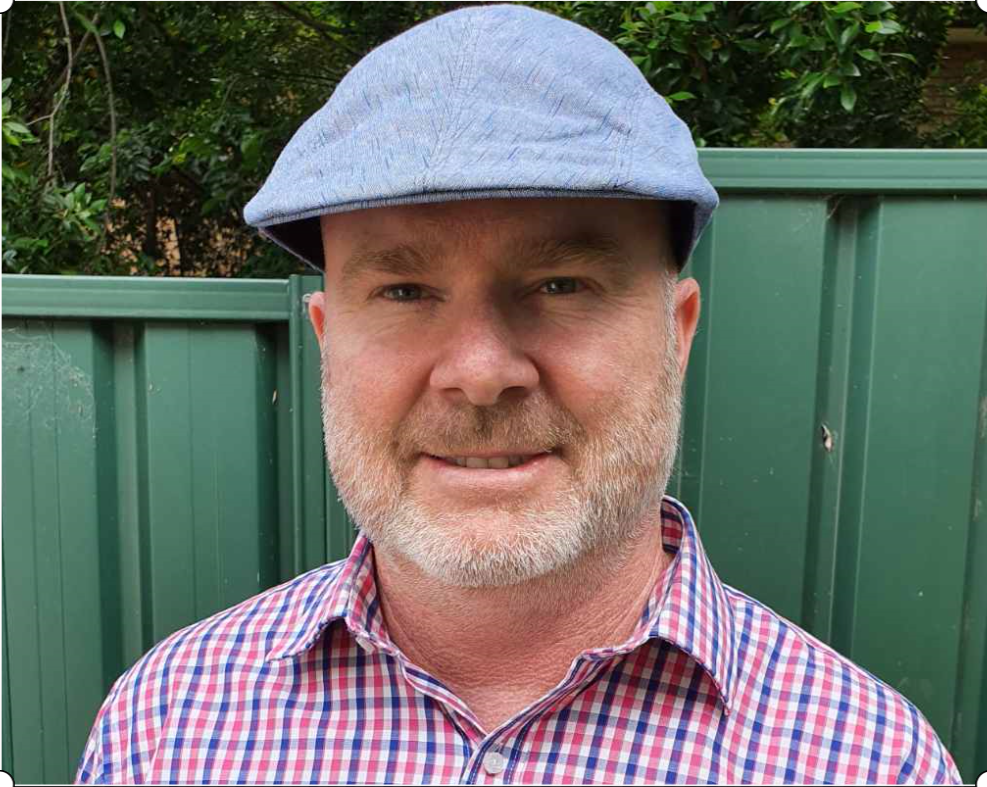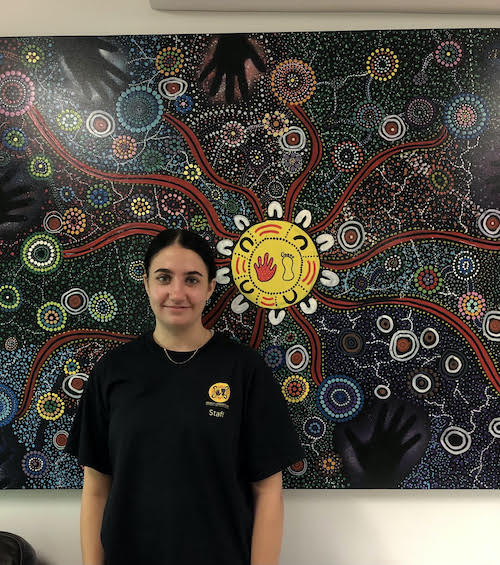Q&A with Sally Irwin
Q&A with Sally Irwin, Founder & MD of The Freedom Hub

Tell us about yourself and what you do in the community. What has brought you to where you are today?
I moved overseas in 2008 when my husband was posted as the Australian Defense Attache. I really wanted to do something while I was there and at that time you were not allowed to work for money. I thought I'll just try doing some charity work and volunteering because at least I could be doing something and I also wanted to keep my feet on the ground.
I chose the issue of modern-day slavery because I knew there were girls being trafficked out of Eastern Europe, into Berlin as Berlin was the central spot for most sex trafficking in Europe. I thought, well, I'm right here in Berlin, wouldn’t it be nice if we could give back to the city we're in?
So I started up, iWILL, ‘International Women Impacting Local Lives’. I got all the diplomatic wives together and whenever we had a function or we did things, we made a donation towards helping girls who had been trafficked.
At first, it was a head decision. I decided I'm going to just do this because it's the right thing to do and it's something to do. However, it changed my life and became part of my heart. I volunteered in a needle exchange facility where I truly saw the worst of everything. By the time I'd spent four years doing it, I couldn’t unsee everything that I had seen. I couldn’t just walk away from that, go back to Sydney and just get back to working in corporate.
I decided to do something to be a voice. I knew that it would take the strength of wealthier women and civilised countries to do so.
When I came back to Australia and someone said to me, “I hope you don't waste all that stuff that you did over there because you could help people here”. I just laughed. I said, “Oh yeah, sure it's happening here”. But they were serious, it IS happening in Australia. I was just rocked.
We're an island. We don't have organised crime. We don't have big gangs. We don't have police engaged in the bribery of people smuggling.
I started researching what was going on in Australia and that's when I realised now I can be as political as I want. I can raise awareness. I can mobilise volunteers.
So in 2014, I started The Freedom Hub. I initially wrote a vision plan to firstly end slavery in Australia, secondly help victims of the crime in our country recover (so I started the Survivor School), and thirdly partner in the fight to end global slavery.
When I wrote that in 2014, I never envisaged, that in 2018, we would have the Modern Day Slavery Act in Australia whereby every large company, over a hundred million has to report on slavery in their supply chains and help end slavery.
62% of global slavery is in the Asia Pacific region. Our very own backyard. This is where consumers come in, for example, fast fashion. Now we can really audit where we shop and stop the cycle. That’s why I also started two cafes, a wedding venue, an online retail store, and other social enterprises.
Do you have an example of an innovative program or an initiative that you've implemented in like the last year or so that you've considered impactful?
So what we have innovated is an online Risk Analysis Measurement Platform, we call it RAMP. It is a platform designed for people to map their supply chains with spreadsheets. It helps companies to instantly create and print off supply chains and their risk.
The reason why I've added the ‘Measurement’ is that there are a lot of risk assessment platforms out there but one of the most important parts of the Modern Slavery Act is that you must demonstrate that you are measuring and improving your response to slavery.
So we've designed this so that it has very clear and easy measurements to show not only that you are being effective in what you do, but you are also improving every year. It makes it easy for the supplier and it makes it easier for the people that have to do the mapping.
I think RAMP would be the best tool for responding to the Modern Slavery Act. We have factored every country in the world and every product is based on our current knowledge and our networks around the world with what's happening on the ground with slavery. We keep into account the global slavery index but that is based on old research and they're not moving fast enough. We can manoeuvre our data to suit very quickly.
What was the big change you noticed during COVID and what are you noticing as we're emerging in this new COVID world?
The big change for us was having to move a lot of our survivor training and courses online. That was very hard because these are people that don't even know how to turn a computer on. So we'd have to utilise their phone and train them on how to use them for communication.
The silver lining out of that is that we now can onboard survivors anywhere in Australia, in fact, anywhere in the world. This is why I’m really hopeful we can expand outside of Australia. It's forced our team to learn how to work online. so that is the bonus. Face-to-face still works better with trauma, but if someone's been up all night with triggers and traumas and they don't want to get on a train and get dressed, which many depressed people don't want to do, they can still jump online and not miss a class. So there are a lot of benefits.
However, what’s happened around the world, from a victim's perspective, is that there are now millions of people displaced around the world and stuck in countries because of border closures, job loss, etc. The main drivers of modern-day slavery are poverty and people trying to find work. So COVID has really made things a lot worse around the world. Millions and millions of people have been pushed into poverty. Many, many millions of girls and no longer getting to school. They've been trapped behind doors and have been forced into all kinds of slavery. The UN is saying the pandemic set human rights back 20 years.
I think technology's helped but at the same time, it's also forced a lot of trafficking online with a lot more girls being tricked into slavery, through dating apps for example.
It's a love-hate relationship with COVID. It's going to be the line in the sand forevermore, it'll be “pre COVID” or “post COVID”, I think it really changed the world that significantly. Everything’s different. We have to rethink the way we do everything. So it's the same with slavery and the way we respond.
From your experience that you'd like to share that would help our readers and like, particularly even the youth community, what would you like to share?
I'd love them to know one of the reasons why we do what we do…
I grew up in the seventies when the media was about people starving in Ethiopia. It was just awful. However, no amount of my parents telling me to eat my vegetables would actually save someone's life in Africa. So I knew from the very beginning that I had to have an answer. There's nothing worse than hearing something and not being able to do something about it. And it desensitises the work. You just go, “Oh, well, it's too big a problem. I'm not gonna do anything”. That is the reason I've set everything up that I've set up.
I’ve set everything up so that everybody can respond in some way. Businesses can partner with us, do fundraising, or use our analysis platform. Students can just buy coffee from us, or they can volunteer with graphic design and social media, writing blogs on the topics. I just wanted to create an opportunity for everybody. Even sharing our blogs and sharing articles on LinkedIn is doing something.
Everybody can do something.
Similar Inspiring Social Entrepreneurs
Q&A with Derek Tweed
In the past 12 months, the Liverpool Youth Council has worked hard to prioritise support initiatives for education, employment and mental health within the local area Read More
Q&A with Rosie Schofield
Evidence has shown that connection to culture and community is essential for our jarjums (children) and young people to thrive. Read More


